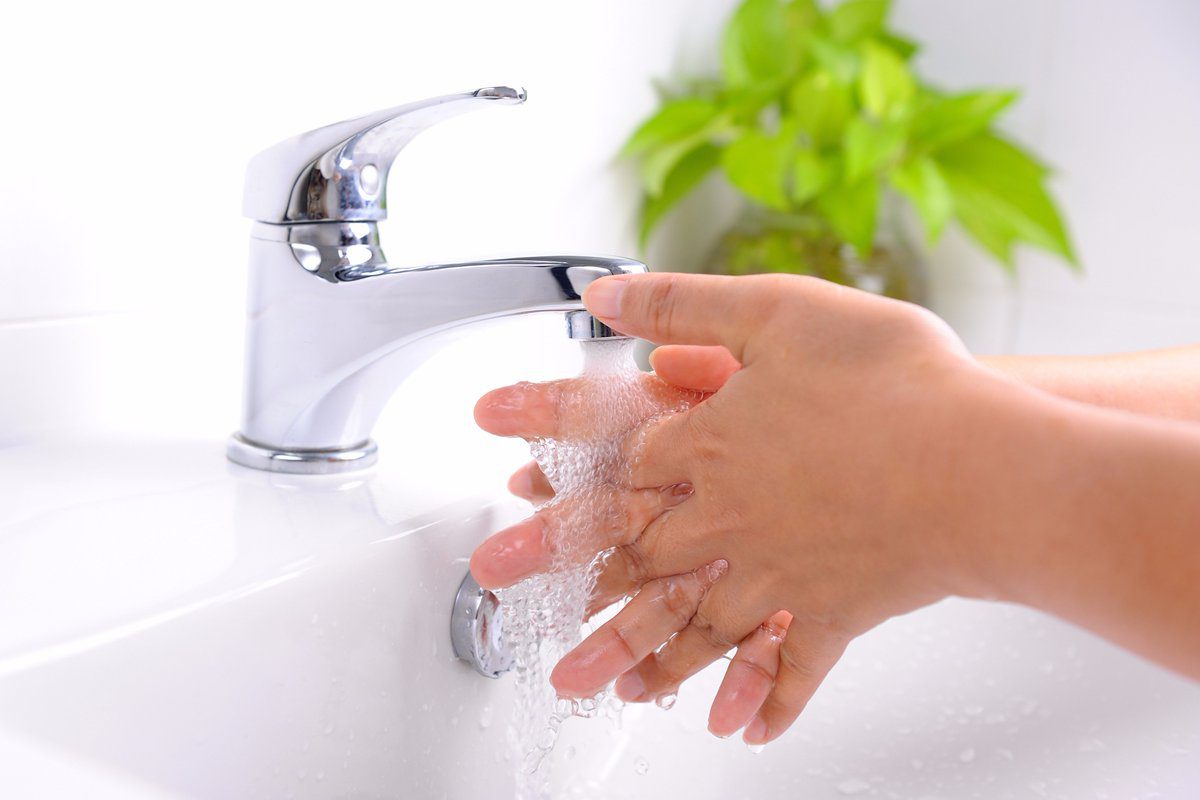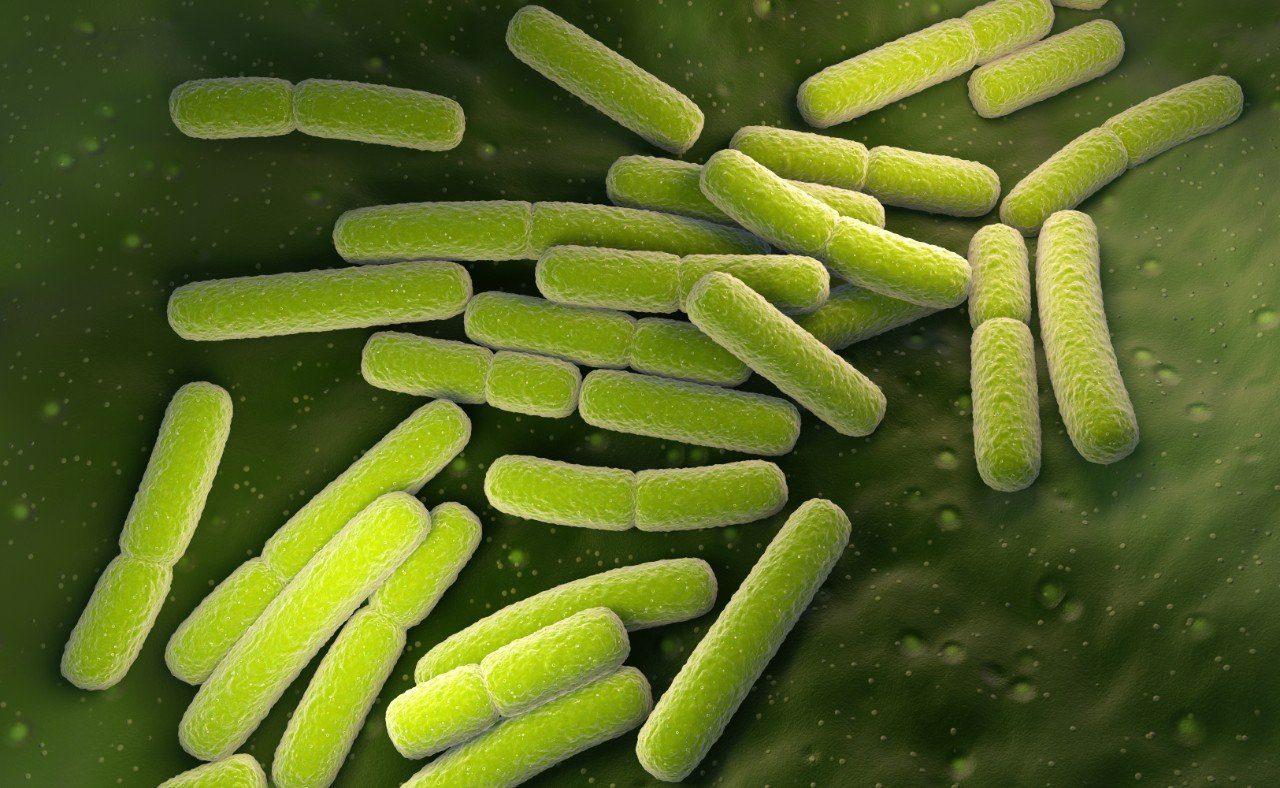It’s quite shocking to believe that poor toilet hygiene actually spreads more E-coli than not washing your hands after handling raw meat but a recent study conducted by the Lancet Infectious Diseases found that this is actually the case.
While no one should make the choice between washing hands after handling raw meat and packaging or washing hands after using the toilet (we should do both), this study certainly highlights good hand hygiene after using the toilet is even more important to stop yourself or others from falling ill.
Table of Contents
About E-Coli
Escherichia coli or ‘e.coli’ as it is more commonly known is a type of bacteria that is found in both human and animal intestines. In most cases E-coli is harmless however some types of the bacteria can lead to infections including urinary tract infections and serious bouts of food poisoning that can even by life threatening.
The worst kind of E-coli bacteria can cause infections within the bloodstream and this bacteria is resistant to antibiotics such as penicillin and cephalosporins.
Findings from the Study
As more infections caused by the worst strain of bacteria (ESBL) are becoming more common but with little understanding as to how it was spreading, this UK study by Lancet Infectious Diseases aimed to understand how the worst kind of E-coli bacteria was spread.
Taking samples of the resistant bacteria from different sources including human bloodstream infections, human faeces, human sewage and meat such as chicken and beef, scientists found that there was little transfer of ESBL from animals to humans. This means that the worst kind of e-coli bacteria that causes human infections are unlikely to come from eating or handling meat but rather human matter such as faecal particles.
Preventing the Spread of E-Coli
The NHS advise that to prevent the spread of the infection that good hygiene is imperative particularly after touching animals , when handling or preparing food or after using the toilet.
Effective Hand Hygiene Practices


The next step in the process is to dry hands using a hand dryer or paper towels as wet hands can spread E.coli bacteria more easily than dry hands.
Whether at home or using a public washroom, it’s important to wash hands correctly as ineffective handwashing can be the difference between healthy and unhealthy spaces. Hand hygiene can be promoted in your business by having the correct soap and sanitising solutions and hand dryers in place.
Washroom Hygiene and Cleanliness
Another way to reduce the spread of E.coli is to make sure your washroom environment is kept clean paying attention to surfaces that may get forgotten about such as door handles, flush levers and hand dryer surfaces.
Make sure the rest of your building is kept clean too with regular cleaning of surfaces that hands come into contact with frequently. Think about phones, computer keyboards desks and filing cabinets.
Wash Away the Worst E.coli
It’s simple but hand washing is the best way to stop the spread of E.coli.
Handwashing and hand drying needs to become a habit for everyone after using the toilet.
Contact Citron Hygiene to discuss how you can promote effective hand hygiene solutions in your business.
